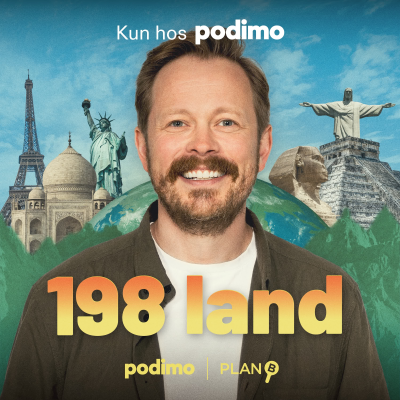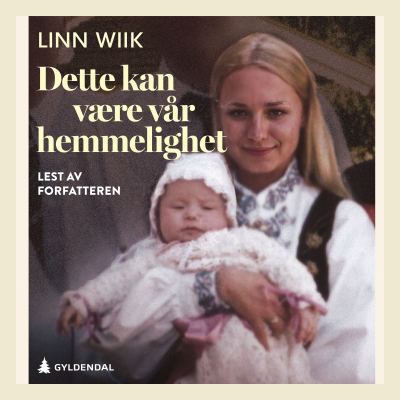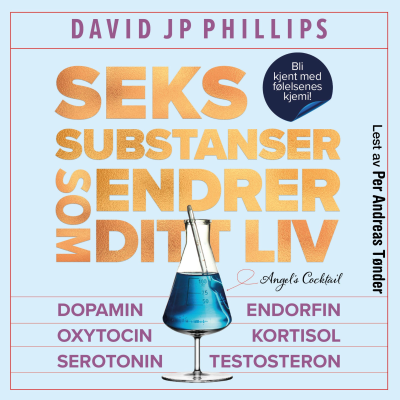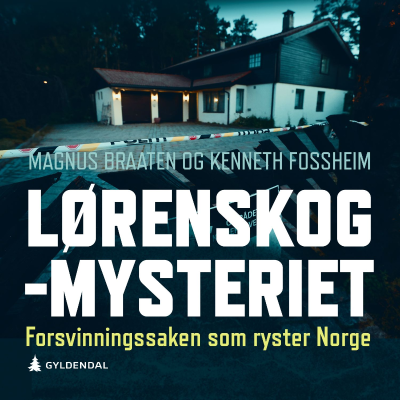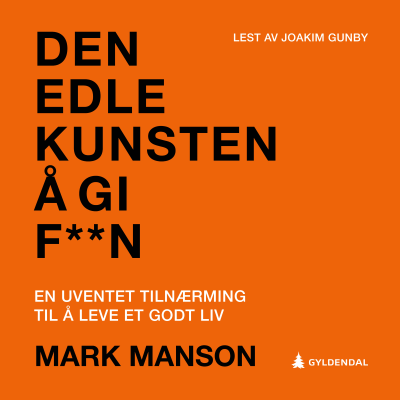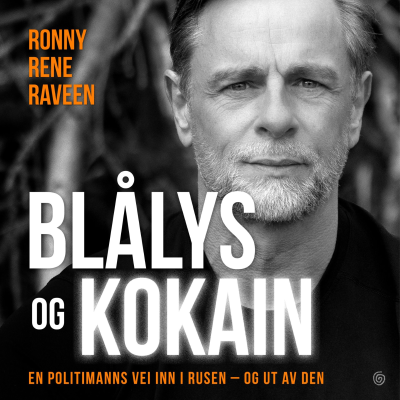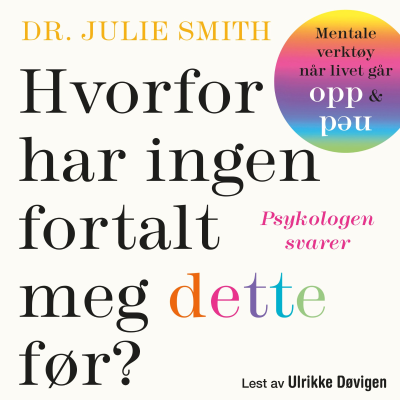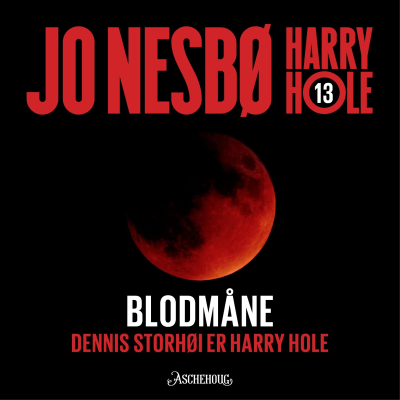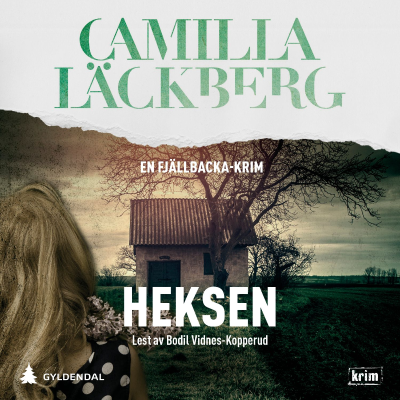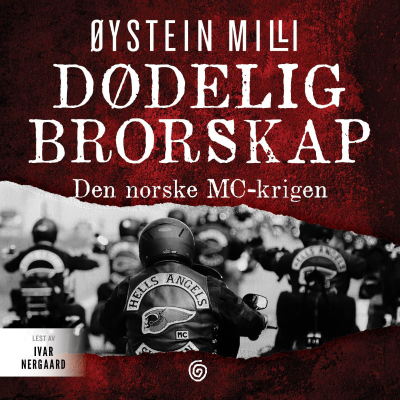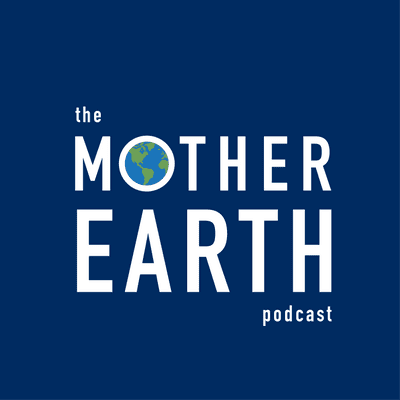
Mother Earth Podcast
engelsk
Personlige historier og samtaler
Prøv gratis i 14 dager
99 kr / Måned etter prøveperioden.Avslutt når som helst.
- 20 timer lydbøker i måneden
- Eksklusive podkaster
- Gratis podkaster
Les mer Mother Earth Podcast
For People & Planet. Conversations that go deep on the environment, the climate crisis, and the solutions.
Alle episoder
24 EpisoderSuzanne Simard
In our conversation with Suzanne, she explains her groundbreaking findings and we hear about the controversy her findings have stirred up. We also discuss the Mother Tree Project [https://mothertreeproject.org/mother-tree-experiment/], which is researching forest renewal practices that protect biodiversity, carbon storage and forest regeneration as the climate changes. Suzanne lets us in on her personal journey from a simple, rural upbringing in the British Columbia forests to world famous scientist and author. And she opens up about the challenges of being a woman taking on scientific orthodoxy in a male dominated field. Suzanne is professor of Forest Ecology in the Department of Forest and Conservation Sciences at the University of British Columbia. She has published over 170 articles relating to forestry and the environment. She earned her PhD in Forest Sciences from Oregon State University in 1997, where her thesis on forest ecology was featured on the cover of Nature, one of the world’s most prestigious scientific journals. Not a bad way to start a career in science. Join us around our virtual campfire for a conversation that may help lead us to the key to surviving the climate crisis: cooperation with nature.
Madeleine Jubilee Saito
This week’s episode of the Mother Earth Podcast [https://www.motherearthpod.com/] features our first visual artist on the podcast, Madeleine Jubilee Saito [https://madeleinejubileesaito.net]. Madeleine addresses the climate crisis through poetry comics, an artform that combines drawings with words. Madeleine’s poetry comics on the climate crisis take us out of the language of science and into the language of feelings and emotion. In our conversation, we discuss the role of feelings, emotion and human connectivity in solving this crisis. Madeleine’s art conveys a critical message: we are all inextricably linked; we cannot see ourselves separate from each other or from nature and we must cultivate solidarity and come together as one in order to solve the climate crisis. Madeleine says that “the idea that we are somehow separate from nature is an illusion. I draw to celebrate the beauty of the natural world, trees, forests, and hills and to convey the reality that nature is not something that is other to us.” Madeleine’s work is featured in the anthology All We Can Save: Truth, Courage and Solutions for the Climate Crisis [https://www.amazon.com/All-We-Can-Save-Solutions/dp/0593237080/ref=asc_df_0593237080/?tag=hyprod-20&linkCode=df0&hvadid=507975958237&hvpos=&hvnetw=g&hvrand=16746658376656471079&hvpone=&hvptwo=&hvqmt=&hvdev=c&hvdvcmdl=&hvlocint=&hvlocphy=9030794&hvtargid=pla-1274229090124&psc=1]. She is also the creative director and operations lead at The All We Can Save Project [https://www.allwecansave.earth]. Madeleine is involved with the Sunrise Movement [https://www.sunrisemovement.org] hub in Boston and has also worked with the national team as a designer. In our conversation, Madeleine and I discuss the role of art in social movements and the how art can help us express our feelings and emotions in this time of a climate crisis. Madeleine leaves us off with a compelling reading of her own work, 30 days of comics / 2019: on climate crisis [https://madeleinejubileesaito.net/30-days-of-comics-2019]. Join us for this first of its kind interview on The Mother Earth Podcast. Learn more about Madeleine and our other guests on our website [https://www.motherearthpod.com/]. For People and Planet, thank you for listening. -Matt
Dan Esty
In the face of such grave climate threats, why has environmental policy failed us? Why has an issue that once enjoyed broad bipartisan support become a source of deep division? The 60s and 70s saw swift and effective legislation over pollution and clean air. So what has changed? In today’s episode of the Mother Earth Podcast [https://www.motherearthpod.com/], guest Dan Esty [https://law.yale.edu/daniel-c-esty] discusses the necessity to modernize environmental policy. He argues the 20th century policy has not failed us, but rather the policy and law of the 20th century served 20th century purposes. Now, “it’s time to refresh the game plan.” Dan Esty is the Hillhouse Professor at Yale University with appointments at Yale’s Environment and Law Schools and the Yale School of Management. He is the director of the Yale Center for Environmental Law and Policy and co-director of the Yale Initiative on Sustainable Finance. Esty is celebrated for a number of works including "Green to Gold: How Smart Companies Use Environmental Strategy to Innovate, Create Value, and Build Competitive Advantage,"Red Lights to Green Lights: From 20th Century Environmental Regulation to 21st Century Sustainability” and most recently "A Better Planet: 40 Big Ideas for a Sustainable Future." Listen to this week's stimulating conversation tackling big ideas on Apple Podcast [https://podcasts.apple.com/us/podcast/mother-earth-podcast/id1508000723], Spotify [https://open.spotify.com/show/5QiO1b3i9c9PrU3iqIhamM], or any other podcast app with the links on our website [https://www.motherearthpod.com/].
Deeohn Ferris
In this episode of the Mother Earth Podcast, we sit down with Deeohn for a conversation about the indispensable role of community-based environmental change. Deeohn and her team work in cities in China, India, Bangladesh and the United States, where they bring together key stakeholders--factory owners, workers, government leaders, NGOs, and folks at the grassroots level--to tackle the critical issues of making the transition to renewable energy, enhancing resiliency, reducing pollution, and making sure that equity is at the center of the process. Deeohn and her colleagues share international best practices and experience, provide technical expertise and training, and build the capacity of local organizations in order to spark creative environmental solutions and lasting change. This is a true bottom-up, inclusive approach; it entails listening to people in the community and ensuring that solutions emerge from within each community rather than being imposed from the outside.
Jeff Golden
One year ago, catastrophic wildfires devastated communities in southern Oregon [https://www.washingtonpost.com/graphics/photography/2020/09/17/amp-stories/inside-scorched-towns-talent-phoenix-ore/], including the rural towns of Talent and Phoenix. The fires destroyed thousands of homes and businesses, raced ahead of people trying to escape in their cars, and killed eleven people. Much of the devastation occurred in the district of state Senator Jeff Golden, Chair of the Oregon Senate Committee on Natural Resources and Wildfire Recovery. Senator Golden is a rare political animal: a progressive Democrat and environmental champion in a rural, conservative district and a thoughtful, respectful politician who refuses to vilify his opponents. In this episode of the Mother Earth Podcast [https://www.motherearthpod.com/] we sit down with Senator Golden for an in-depth discussion on the politics of the climate crisis, the wildfires that literally hit close to home for him, and the important climate legislation in Oregon that serves as a national model for progress. We get an inside look at the immense challenges he and his colleagues have faced in enacting environmental legislation, including repeated Republican walkouts [https://www.vox.com/energy-and-environment/2020/2/29/21157246/oregon-republicans-walk-out-climate-change-cap-trade-democracy] in 2019 and 2020 that deprived the legislature of a quorum and were used to block climate legislation, even as the state literally burned. Senator Golden joined us for two interviews that make up this episode: first in October 2020 just after the disastrous wildfires tore through his district, and again in August, 2021. The timing of these conversations turned out to be perfect. In the first conversation we hear about why a state cap and trade bill failed while in our recent conversation we learn of the success of a very different kind of climate bill in 2021 that is one of the most far-reaching climate bills on the electricity sector in the nation. We hear not only about the brutal devastation of the 2020 wildfires but also about the successful legislation Senator Golden sponsored in 2021 to reduce the dangers of future fires. We discuss Oregon’s status as one of the few states with no campaign finance limits in the first interview and, in the second, learn about a ballot measure in which the voters took control and authorized campaign finance reform. Senator Golden’s experience in Oregon offers vitally important lessons for the national efforts to deal with the climate crisis. Despite the difficulty of working in politics in a time where extremism and misleading news are rampant, Senator Golden remains diligent in his commitment to protect the land and the people of his beloved state of Oregon And he offers us nuggets of wisdom from his lifetime as a journalist, logger, carpenter, activist and, now, political leader. Join us this week to hear an authentic, progressive voice of the rural American West.
Velg abonnementet ditt
Premium
20 timer lydbøker
Eksklusive podkaster
Gratis podkaster
Avslutt når som helst
Prøv gratis i 14 dager
Deretter 99 kr / måned
Premium Plus
100 timer lydbøker
Eksklusive podkaster
Gratis podkaster
Avslutt når som helst
Prøv gratis i 14 dager
Deretter 169 kr / måned
Prøv gratis i 14 dager. 99 kr / Måned etter prøveperioden. Avslutt når som helst.
